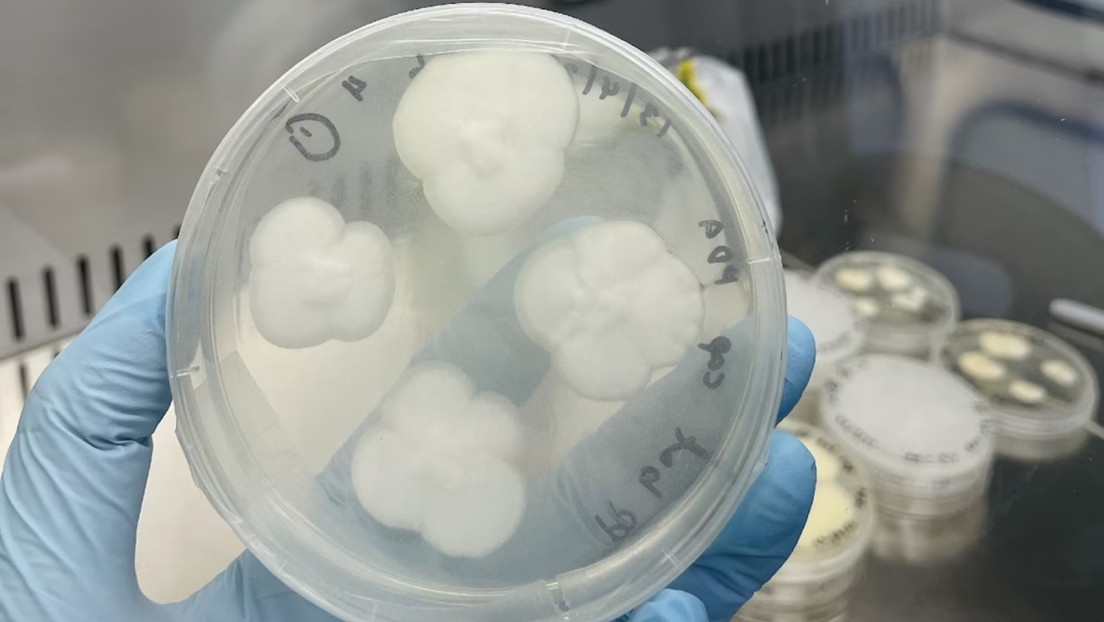According to scientists, this method could help reduce the large amount of plastic polluting the environment, especially the world’s rivers and oceans.
A team of scientists from the University of Sydney has managed to degrade the polypropylene, one of the hardest plastics to recycle and which accounts for 28% of the world‘s waste, using two common fungal strains. A laboratory experiment showed that the fungi ‘Aspergillus terreus’ and ‘Engyodontium album’, which are normally found in soil and plants, were able to decompose different polypropylene products. To describe the phenomenon is the study published last Friday in the scientific journal Materials Degradation. Surprisingly, these organisms have been found to reduce the polymer by 21% in 30 days and as much as 25-27% after more than 90 days. These findings prompted Australian experts to further investigate the role of biological processes offered by fungi and other organisms in accelerating the plastic degradation. “Polypropylene is a common plastic used to make a wide variety of everyday products including food containers, hangers and plastic wraps, but with a 1% recycling rate“, explained the lead author of the study, Amira Farzana Samat confirming how this low percentage contributes to the excessive accumulation of this type of waste and to environmental pollution.
This polymer is rarely recycled due to its short life as a packaging material and it is regularly recycled contaminated by other materials, which requires the development of new recycling methods that have minimal environmental impact. According to Samat, about 109 million tons of plastic waste has accumulated in the world‘s rivers and 30 million tons in the oceans, and studies predict that this colossal amount will soon exceed the total mass of fish. Against this background, the researchers believe that their method could help reduce the large amount of plastic polluting the environment, given that fungi can break down almost any type of substance. “This superpower is due to its production of powerful enzymes, which are excreted and used to break down substrates into simpler molecules that the fungal cells can then absorb.“, explained another of the authors of the research, Professor Dee Carter, an expert in mycology.
